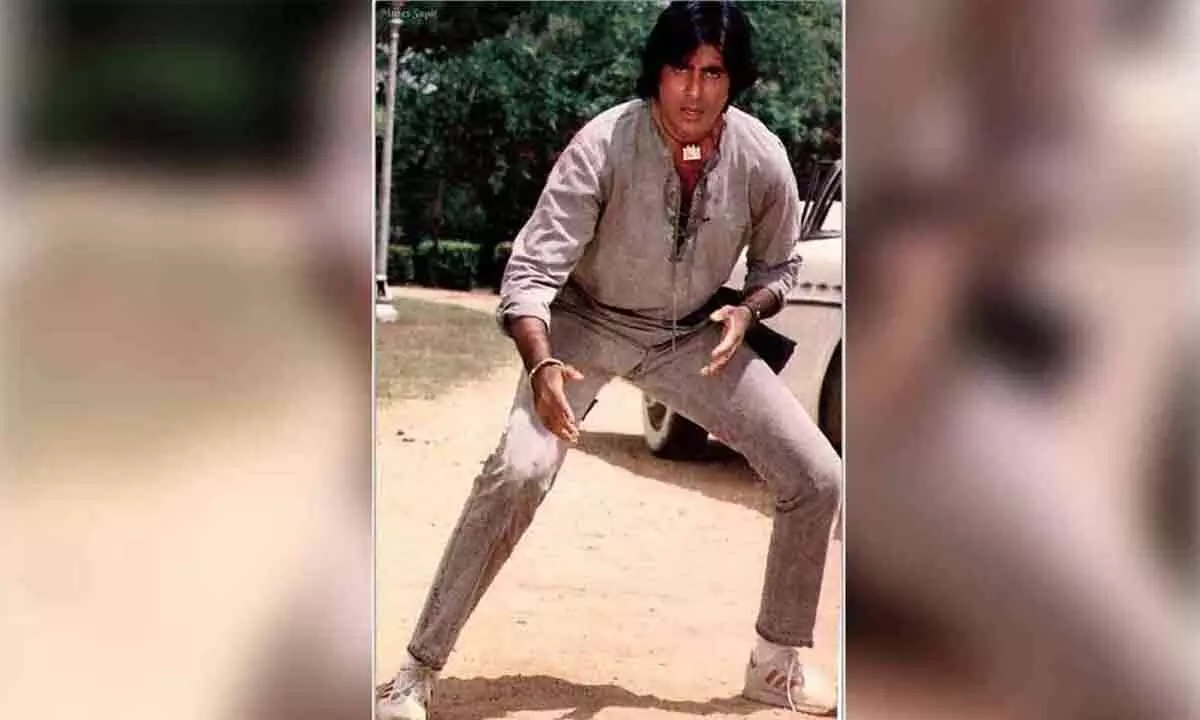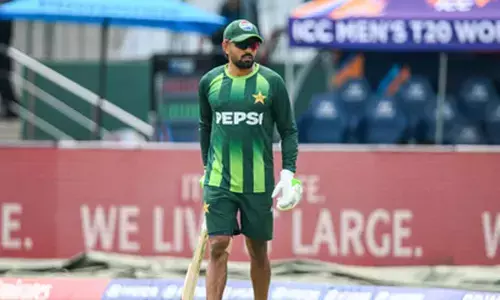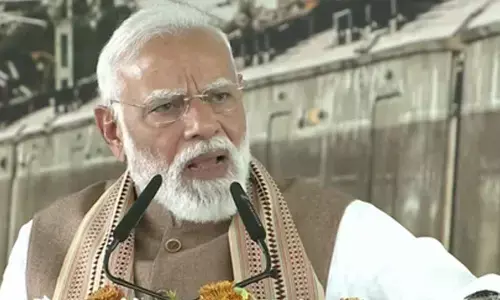Indian cinema confronts misogyny & toxic masculinity

"Mard ko dard nahi hota" These iconic words, immortalised by Amitabh Bachchan in the cult classic "Mard," have resonated through generations, embodying a tough, unyielding image of masculinity
"Mard ko dard nahi hota" These iconic words, immortalised by Amitabh Bachchan in the cult classic "Mard," have resonated through generations, embodying a tough, unyielding image of masculinity. For years, these words were more than just a line; they were a mantra, symbolising a stoic, impervious concept of manhood. Yet, in the ever-evolving world of Indian cinema, this phrase is being redefined, not just in the characters on screen but in the industry itself.
For decades, Indian cinema has been both celebrated and criticised for its portrayal of women and masculinity - as seen in films like "Damini" and "Raja Ki Aayegi Baraat". While some films have broken barriers and empowered female characters, others have perpetuated regressive stereotypes. But change is in the air, and it’s not limited to the scripts.
Behind the scenes, a new generation of filmmakers, actors, and producers are leading the charge for a more inclusive and progressive film industry. They’re reshaping the industry by crafting narratives that reflect women's perspectives authentically. Recent films like “Thank You For Coming” and “Bebaak” exemplify this commitment to authenticity. These movies dive deep into the complexities of gender dynamics and societal expectations.
In Bebaak, which premiered in JioCinemaFilmFest, the story sheds light on a woman’s journey to break free from oppressive norms and find her voice in a patriarchal society.
Anurag Kashyap, the producer of “Bebaak,” eloquently sums up the need for change in the industry, saying, “I don't like how when something bad happens to a woman, we say stuff like 'Ghar Ki Izzat Lutt Gyi,' tying it to her family's honour. Why not treat men the same way? Back in the day, we hid things, making women seem like they were our property. That's not cool. Male insecurity is a big part of why we have patriarchy. Women are strong, but some guys get scared they'll be too independent."
It's not just filmmakers like Anurag Kashyap. Leading male actors are also not shying away from using their star power to challenge toxic masculinity. In "Kaalkoot" (available on JioCinema), Vijay Varma plays the role of a police officer, delivering a powerful exploration of societal issues that force audiences to confront the uncomfortable truths of the patriarchy. Recent films like "Bawaal" and "Satyaprem Ki Katha" also boldly explored the challenging terrain of toxic masculinity and misogyny, offering a gripping portrayal of societal issues and personal struggles.
Entertainment in India is undergoing a transformation, not just on the big screen but in the very fabric of its existence. Prominent stars are increasingly selective in choosing brands that align with their values. Many are rejecting roles that promote gender stereotypes. In a recent interview Tamannaah Bhatia, Was asked about the ‘toxic masculinity in the south’ and if there were any scenes or films where she didn’t agree to it, Tamannaah Bhatia said, “In certain commercial films, I couldn’t relate to my characters and would request that the filmmaker lower the intensity. Having said that, I came to a point where I stopped doing those parts. I started making a conscious effort not to be part of such films where toxic masculinity is celebrated to the point where it is almost intolerable.”
As Indian cinema continues to evolve and tackle pressing social issues, ‘Bebaak’ and ‘Kaalkoot’ stand as beacons of change, urging audiences to confront uncomfortable realities and challenge the deeply ingrained norms that perpetuate toxic masculinity and misogyny.








